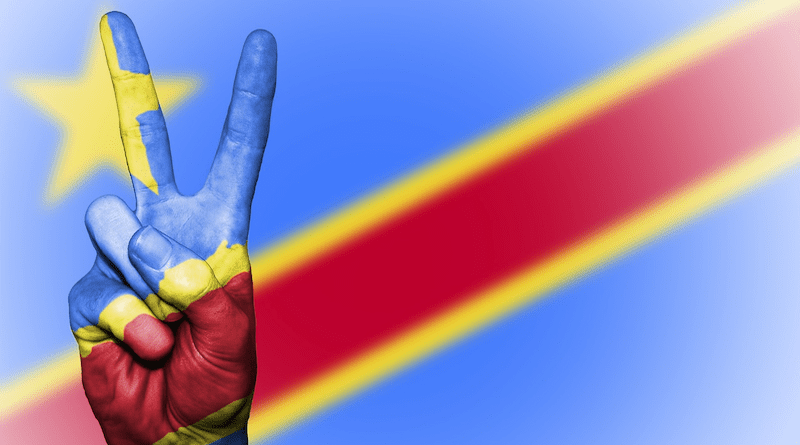Supporting Stability In The Democratic Republic Of The Congo: Examining The Upcoming Election – OpEd
The forthcoming election in the Democratic Republic of the Congo, slated for December this year, has attracted widespread attention. Central to the discussion is whether the incumbent Tshisekedi government, in power since its election in 2019, will secure another term or if the Congolese population is poised for a change. This shift raises questions about the potential impact on the nation’s economic development and its future trajectory.
A Historic Transition
Felix Tshisekedi’s election marked the DRC’s first peaceful transfer of power since its inception. His administration has prioritized a multifaceted agenda encompassing economic development, international relations, domestic stability, and the well-being of its citizens. Despite criticisms directed at the government, it is crucial to analyze what serves the best interests of the DRC and its people.
Continuity for Stability
Experience across the African continent suggests that continuity in leadership often fosters peace and stability, especially in the absence of a widely accepted political alternative among the opposition. Recent polling data conducted by Global Researches reveals that the incumbent, Felix Tshisekedi, commands a significant 65% of the public vote, while the closest opposing candidate, Moise Katumbi, lags far behind with just 17%. As the election looms in five weeks, this substantial gap underscores the difficulty of mounting a credible challenge.
International Influence
International calls for change, while well-intentioned, have historically impacted citizens negatively. Under President Tshisekedi’s leadership, significant progress has been made in areas such as job creation, infrastructure development, and the provision of essential services like healthcare and education. Furthermore, the DRC is emerging as a key player in the green electric vehicle transition, primarily due to its abundant mineral resources. International events like the Second Kinshasa Electric Vehicle Battery Forum attest to this transformation.
Fighting Corruption
Corruption, a long-standing issue in the DRC, has been vigorously addressed by the Tshisekedi government. The president’s commitment to eradicating corruption was a central campaign promise, and he has remained resolute in his stance. Recent actions, such as the dismissal of a high-level strategic advisor involved in bribery, indicate a substantial reduction in corruption and impunity.
A Vision for the Future
Continuity in leadership is crucial for the ongoing development of the DRC’s economy, improving the lives of its citizens, and expanding infrastructure to connect the nation to the global stage. With the current electoral landscape favoring the incumbent by a significant margin and no opposition poised to pose a substantial challenge, international efforts to influence change may not be appropriate or genuine. History provides numerous examples of international interference in African elections and the potential risks it poses. What the people of the DRC require at this juncture is stability, and it is apparent that, in this context, President Tshisekedi is the figure best positioned to deliver it.


